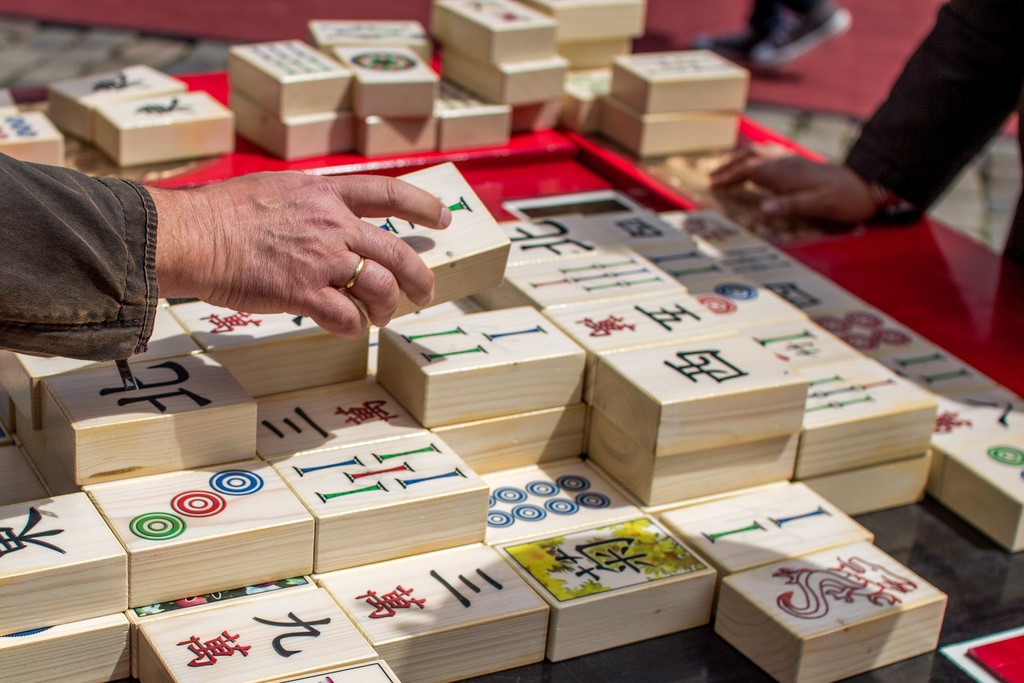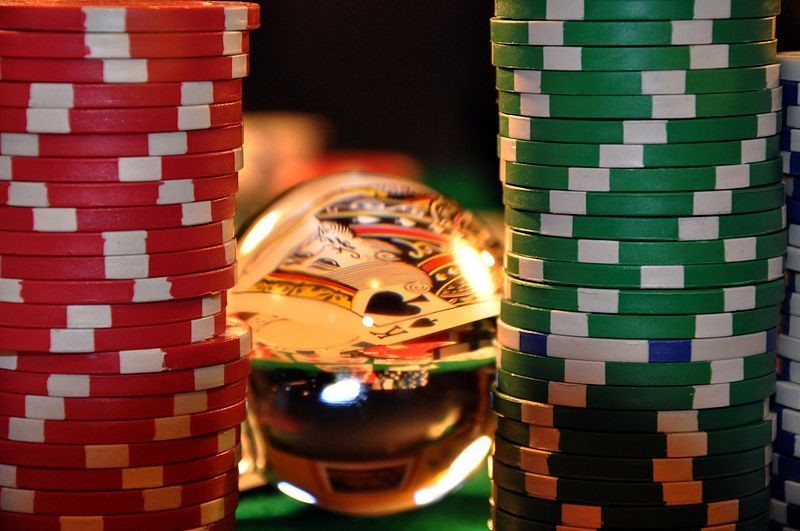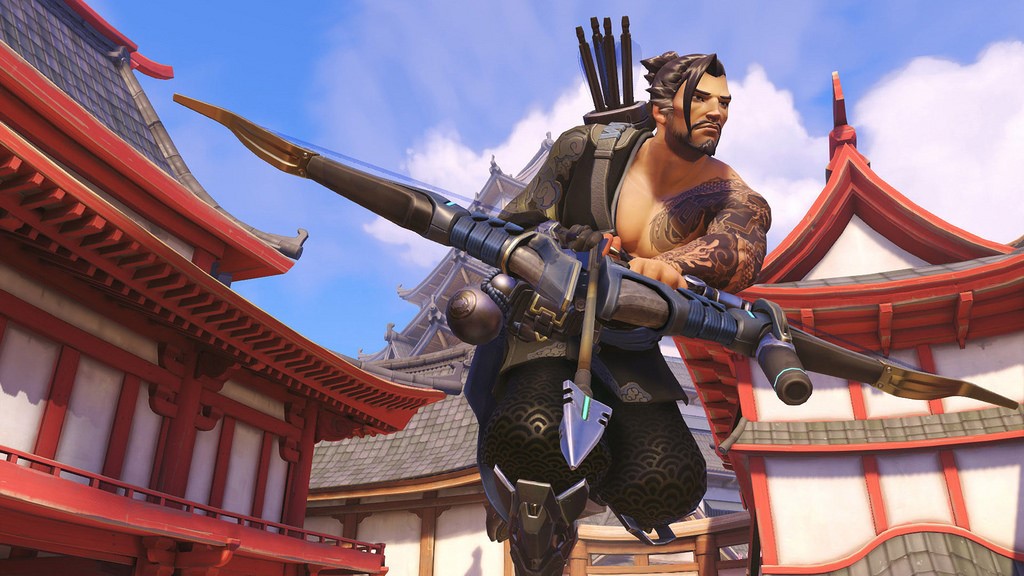Source: Pixabay
Social gaming is FarmVille. It’s Zuma Blitz and Words with Friends. It’s pretty much anything that can be played on social media networks like Facebook – or at least that’s how it all started out. The concept of social gaming expanded in tandem with the popularity of mobile apps and, today, it’s perhaps better to think of social gaming as any title (anywhere) that melds some kind of video gaming with chat features.
But how does tossing Facebook games into the same box as bingo and multiplayer experiences like World of Warcraft serve any purpose at all? As far as choosing a new game from a list is concerned, it’s not a helpful exercise, but the fact that social elements are pervasive throughout all kinds of media suggests that it’s less of a genre than a popular feature. Apparently, everybody likes to talk to strangers on the internet.
SimCity
While multiplayer gaming has existed for a very long time, getting involved with online aspects was always a deliberate choice for much of its pre-2004 history. Facebook popularized the idea of single-player experiences that were tied to that of other players – a shared world – as well as the ease at which such games could be monetized. It’s a concept central to FarmVille and one that would inspire much of the development of SimCity (2013).

The importance of social gaming to the world of entertainment is perhaps best expressed by a recent JSTOR article, which describes the phenomenon as “rescuing online gaming from its association with children and socially isolated adults”, with special emphasis on the mobile version of Words with Friends. The journal also cites real-life mahjong as a good example as a social game, noting the role of interaction as a feature rather than a genre.
Bingo
Today, social elements are almost a forgone conclusion in console and PC gaming, serving as an evolution of digital rights management (DRM) policies. However, some parts of entertainment developed social elements through necessity, with the bingo industry serving as a good example. Bingo is far more than number cards. Emerging as a sort of community adhesive in post-war UK, the game itself arguably comes second to the overall experience.
With real-world bingo on the decline, brands like Sun Bingo had to find a way to combine the traditional outing with the convenience of mobile play. The company, the one behind the popular newspaper, frames its 75 and 90 ball bingo in live “chat games”, a social platform that brings players together under the auspices of one of four different hosts. Chat games run every few minutes so Sun Bingo has more of a pick-up-and-play feel than the traditional pastime does.

Casino
A related industry to bingo, casino, provides a perfect example of how social games develop and evolve, simply because even the most mobile-friendly iGaming websites have been slow to adopt things like leaderboards and player chat. While there is now a burgeoning trade in live dealers out there, a type of game that places a human croupier on webcam to mimic the more conventional experience, truly social online casinos are extremely rare.
It’s a strange state of affairs given that the social gaming market in the United States was a $1.7bn industry in 2016; that’s almost equivalent in value to revenue from PC game sales and free-to-play MMO titles like Neverwinter and Aion. In all likelihood though, the social gaming category is worth much, much more than that, given its tendency to creep onto other platforms and into other genres, especially the $5.5bn mobile market.
So, what’s next for social gaming? It’s perhaps inevitable that virtual reality and augmented reality will become more important to the development of the concept (multiplayer experiences as disparate as Dungeons and Dragons and poker can be played with friends and strangers in virtual environments) but, more immediately, social gaming is probably going to head back to its roots for inspiration – Facebook.

Mark Zuckerberg’s company is pushing for a greater focus on video game streaming, something that would help Facebook compete with Amazon’s Twitch and Google’s YouTube platform, and a partnership with World of Warcraft developer Blizzard has provided the first big step towards that future. Gamers can now sign into all of Blizzard’s big franchises (Diablo, Overwatch, etc.) with Facebook credentials.
Whatever happens, social players are in the privileged position of being able to watch their hobby develop and grow – between games, naturally.










